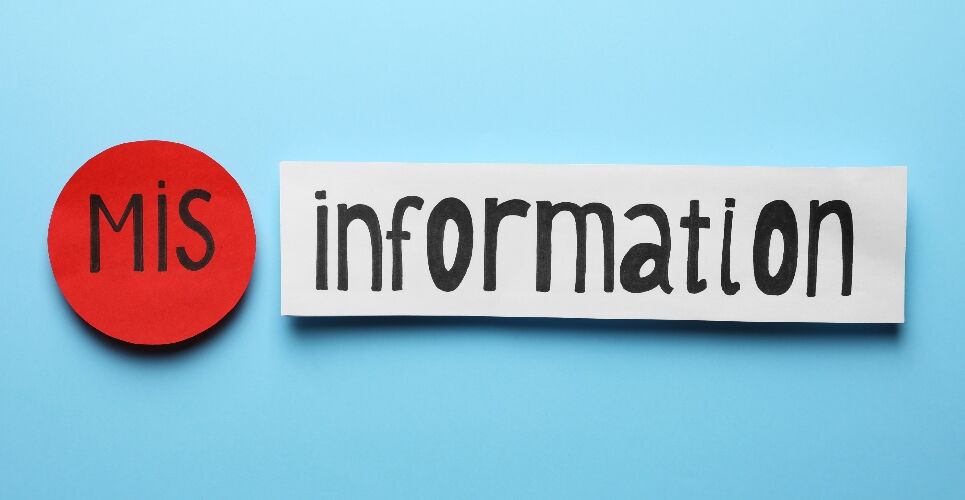Regulating against medicine misinformation is one of several recommendations to governments made by the International Pharmaceutical Federation (FIP) in a new statement of policy on the strategic development of medicines information.
The policy statement, replacing one published in 2017, also takes into account the increasing use of digital information sources, including artificial intelligence, and puts a stronger emphasis on the role of pharmacists to lead in this area.
Dr Boyan Todorov, president of the FIP’s health and medicines information section and co-chair of the policy committee that developed the statement, said: ‘Challenges in ensuring the quality of information often relate to the decentralised and unsupervised ways of creating health and wellbeing information online.
‘For example, users of medicines can now find information through artificial intelligence platforms, but that information can be incorrect, with detrimental effects on health.’
Against this background, the FIP has called on governments around the world to commit to promoting data transparency from medical and pharmaceutical research related to drug adverse effects, risks, contraindications and precautions to enable the development of evidence-based medicines information.
The FIP also recommends governments improve the quality of medicine information resources through ‘global coordination and the identification of best practices’, and support pharmacists to adapt their practices and embrace new digital tools in order to ensure patients receive accurate, reliable and unbiased medicine information.
In addition, the FIP believes governments should provide ‘economic incentives to pharmacists that acknowledge and provide suitable reimbursement models for the services related to medicines information that can be performed by pharmacy and other healthcare professions’.
According to the FIP, pharmacists should utilise their expertise to lead the creation and execution of effective information strategies, while establishing their role as a ‘trusted partner and knowledge base’ as the primary resource for obtaining accurate and unbiased medicine information.
In particular, pharmacists should give special attention to the use of printed or electronic information to reinforce spoken information provided, the FIP said.
In addition, the FIP has called for the establishment of medicines information centres operated by pharmacists specialising in this provision.
A version of this article was originally published by our sister publication The Pharmacist.

